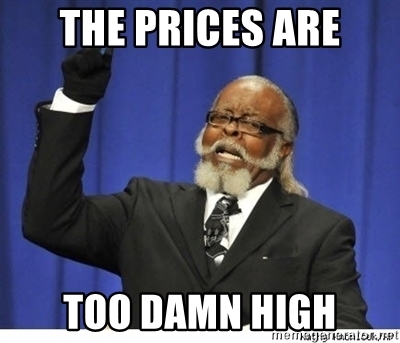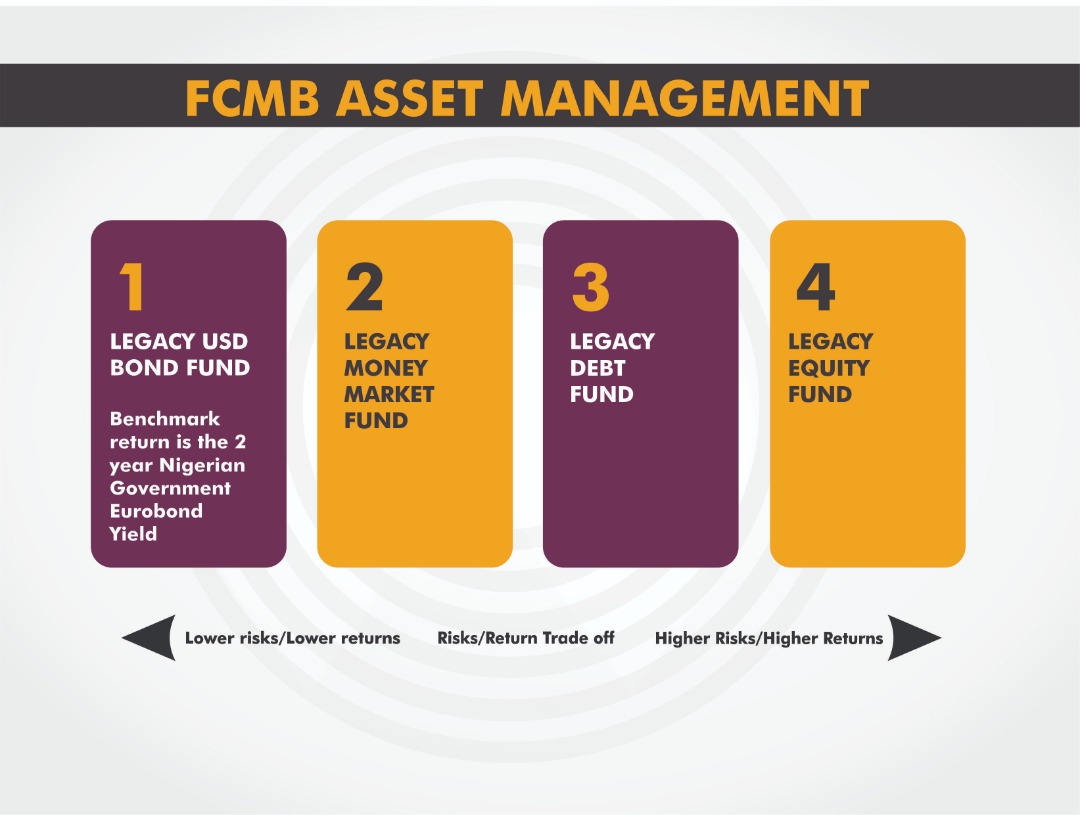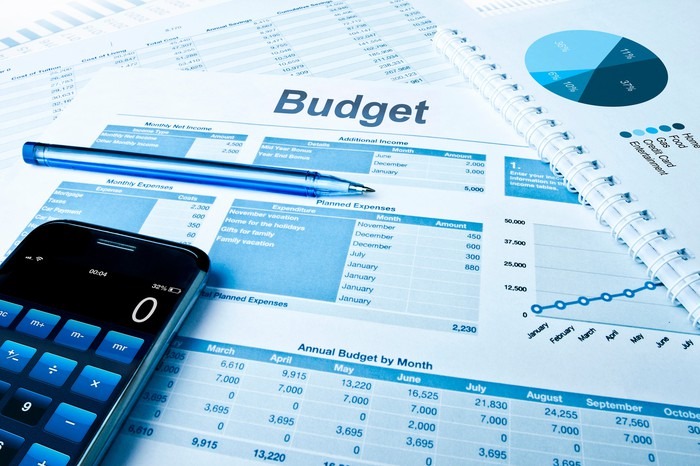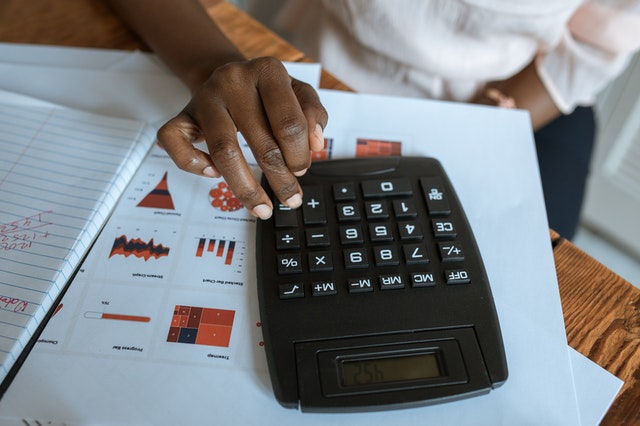On Tuesday, 22nd of March, President Buhari commissioned the Dangote Fertilizer plant in Lagos, Nigeria. It’s a big deal. Built for $2.5b, according to the Group Executive Director of Dangote Industries Limited Devakumar Edwin, Nigeria has an annual demand of 1 million tons of fertilizer, and this plant can produce 3 million tons. So this plant satisfies local demand and eliminates the need to import urea fertilizer with scarce foreign reserves.
Agriculture contributes about 22% of Nigeria’s GDP, with a rising population estimated to grow at 3% annually. Having a ready source of fertilizer is key to improving the yields and productivity of farmland across Nigeria. The fertilizer plan will also boost employment and tax revenues to the Federation from VAT to Corporate Income Taxes.
The factory occupies over 500 hectares of land is enormous. It’s the largest in Africa and second-largest in the entire world; Nigeria is very “Texan”. Everything is large in Nigeria, for instance.
The Nigerian Liquified Natural Gas (NLNG) current six train production plant in Finima Bonny Island is the largest by output in Africa; it produces about a 22million tones per annum (mtpa) of LNG and 5mtpa of NGLs from 3.5billion standard cubic feet per day (Bcf/d) of natural gas intake. The 7th and eighth trains are incoming. Yet, as impressive as these achievements local cooking gas local remains high and out of reach of many Nigerians. According to the Nigerian Bureau of Statistics, the price of cooking gas went up by 76.49% from December 2020 to December 2021. According to data from the Nigeria LPG market report, the market consumption volume has been declining since February 2022, as at February YTD, it was down 19% from 2021. So you wonder with all that LNG in Nigeria, why is the Nigerian consumer not insulated from these price hikes?
The largest rice mill in Africa is in Nigeria, the WACOT Rice mill in Aragungu Kebbi State. The new Imota rice mill in Lagos State will be even bigger with a capacity to process more than 2.5m 50kg bags annually. Yet, a bag of 50% rice is anywhere from N20,000 to N30,000, expensive considering the minimum wage in Nigeria is N30,000 a month
Dangote is also a significant player in the cement industry; the Dangote Cement plant in Obajana Kogi is the largest in sub-Saharan Africa, with 10.25 million tons per year across three lines.
In 2017, the Nigerian minister of Solid Mineral Development, Dr. Kayode Fayemi, visited the Dangote cement plant in Ibese OGUN State, and commended the backward integration policies of the company, e The then Group Managing Director of Dangote Cement, Onne Van der Weijde said. “only five years ago, in 2011, Nigeria was one of the world’s largest importers, buying 5.1Mt of foreign cement at enormous expense. We will increase our exports substantially in 2017. We (Nigeria) exported nearly 0.4metric tons of cement into neighborhood countries, and in doing so, we achieved a milestone by transforming Nigeria into a net exporter of Cement
Yet, again, when we look at the cement prices locally in Nigeria, they are going up. The Guardian reported in December 2021 that prices were up 44%
Nigeria has gone from an importer of cement and Urea fertilizer to a net exporter. Nigeria has also become a significant exporter of natural gas and cement. According to the Central Bank of Nigeria Governor (CBN), the “production capacity of cement companies in Nigeria had increased from 30 million metric tons in 2014 to 60 million metric tons in 2021”, yet, prices are up. These exports have brought needed foreign exchange, and investment into Nigeria has created jobs. Still, the underlying story is that the local prices for these products have continued to rise even when Nigeria says its meeting and exceeding local demand. My economics 101 class taught me that if supply exceeds demand, prices fall. Thus, if Nigeria is self-sufficient in cement and gas, why are the local prices rising?
Prices of cement are so high that the Governor of the Central Bank of Nigeria had to make a public appeal to the manufacturing companies during his speech at the commissioning of the new BUA cement plant in Sokoto State to “focus more attention on satisfying the domestic needs to reduce the prices”.
Are we suggesting price controls or central planning? No, I am a pure market capitalist, but if a private company has been subsidized and laws passed to protect it from foreign competition, should that company not repay the Federation by supplying more products for the local market and dropping prices?
Like the CBN Governor, we also advocate that the local market must be satisfied by placing quotas on the import/export ratio. To export, strategic companies like Dangote Cement and Fertilizer must demonstrate they have filled all local demand. How can we measure this? By the fall in prices of a select basket of local goods. If there is available cement, the price will fall; it’s fundamental economics.
This will mean that Dangote Fertilizer can only export if it shows that its local prices are at a considerable discount to the imported substitutes. This is only being advised because Dangote and others have enjoyed huge incentives from the Federation. Reuters reports that “in 2016, as the CBN restricted the supply of dollars, Dangote industries could buy $161m from the CBN; this translated to a discount of about $100m on the parallel market price. Even as the Manufacturer Association of Nigeria said 2,000 of its members could not obtain dollars for imports, leading to up to 100 firms shutting down for good.”
Dangote has also received incentives from the CBN, and I quote the Governor, “This has made us support Dangote Group with N75 billion in Forex to import equipment and other facilities to ease completion of the refinery,”.
Currently, the CBN is undertaking the 100-for-100 Policy for Production and Productivity (PPP). Essential eligible entities in agro-industrial sectors would be screened, and 100 would be selected to receive funding at a below-market cost of capital every 100 days, beginning from November 1, 2021. The CBN is, in essence, acting like an Angel and Venture capital investor by supporting these institutions, Nigeria is the ultimate beneficiary. The dividends paid by these companies must also include fiscal revenues, job creation, and a mandate to lower domestic prices by meeting local supply, just as the CBN Governor has implored.
We stand with Godwin Emefiele on that note, the local process is just too damm high.






Comments are closed.